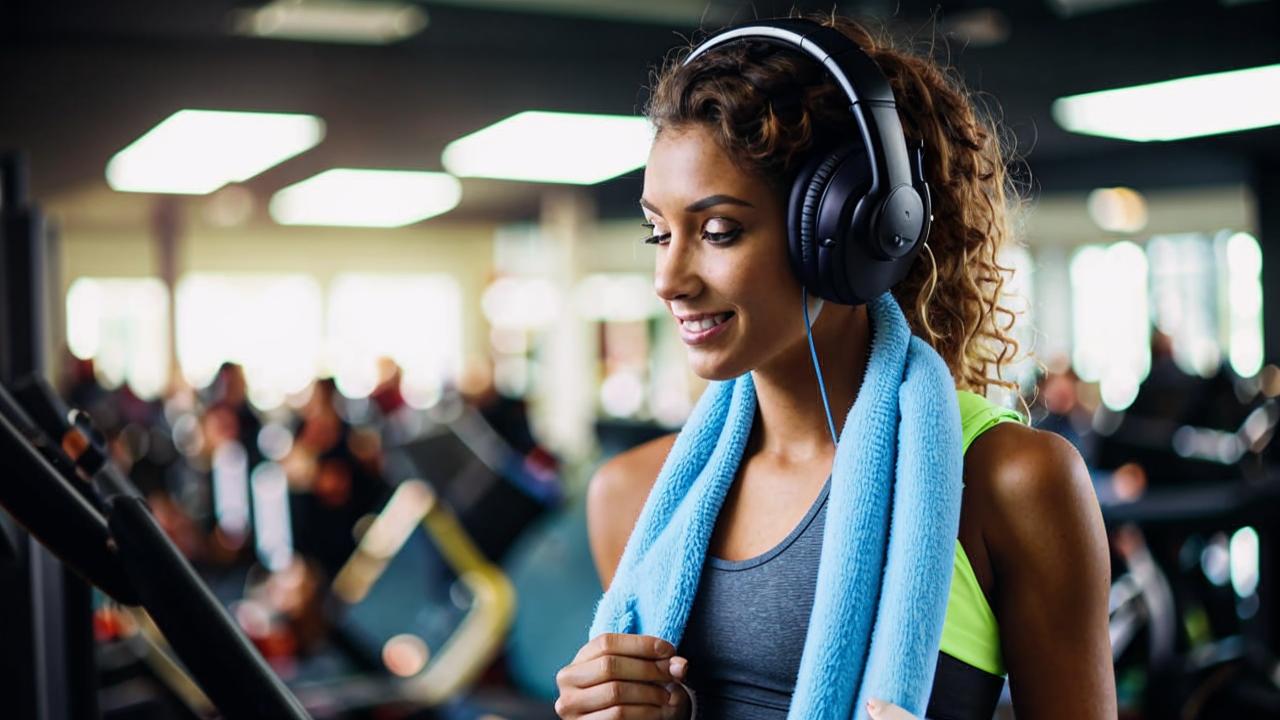Sometimes athletes sweat so much during sports that their clothes become soaked with moisture. Or, alternatively, after a hard workout, only a slight perspiration appears. Not enough exercise? Let’s find out what the reason is.
What does sweating depend on?
Fortunately, there’s probably nothing wrong with the intensity of your workouts. It’s not the intensity of the workout that affects sweating, but the condition of your body.
The human body produces sweat for thermoregulation. During intense exercise or in hot weather, the body heats up, the skin becomes moist and cools down through evaporation of this moisture. Under normal conditions and average activity, a person loses about 500 ml of sweat per day. This is an average value. The amount of fluid released can vary depending on external conditions, as well as the state of the body. That is why during training one athlete sweats intensely, while another may not get wet at all. Thermoregulation mechanisms simply work differently for everyone.

There are several main factors that affect sweating:
Environmental conditions: temperature and humidity
The warmer it is in the gym, the more active people sweat on exercise machines. At the same time, if the humidity is high, water from the surface of the skin will stop evaporating. This can lead to overheating, so it is important to regularly ventilate the room.
Improperly selected clothing
Synthetic fabrics do not transmit air well and do not allow moisture to evaporate from the surface of the skin. For training, it is better to choose clothes from “breathable” materials, that is, with high breathability, such as cotton and mesh. Or things from special sports synthetics, which brings moisture to the upper layers and allows it to evaporate better than from cotton.
Number of sweat glands
On average, there are about 2-2.5 million sweat glands on the human body. Some people have much more than 3.5 or even 5 million sweat glands. This is an individual peculiarity, which largely depends on genetics.

Weight
The more weight, the more heat the body “generates”, which means it needs to cool down better. Overweight people often suffer from metabolic and endocrine system disorders. The consequence of these changes can be hyperhidrosis – increased sweating.
Gender
Men in general sweat more intensely than women. Scientists from Osaka and Kobe Universities believe that this difference is due to evolution. They wrote about it in a scientific study in 2010.
In ancient times, men were engaged in heavier labor and needed better thermoregulation, so nature awarded them more sweat glands than women.
Daily activity
In addition, the same Japanese scientists found that at the same physical activity, those who regularly exercise, sweat 60% more than people with less activity. This was proved in the course of the experiment: 37 volunteers exercised on an exercise bike for an hour. Strangely enough, those participants of the study who led the most active lifestyle sweated more intensely. Perhaps because the body of a trained person better copes with thermoregulation.

Stress
Fear and insecurity during sports provoke increased sweating. Stress puts the body on full alert: heart rate increases, blood flow accelerates and moisture builds up on the skin.
Presence of certain diseases
A person may sweat more than usual during a workout because of an elevated body temperature, for example, due to acute respiratory infections, poisoning, influenza or sore throat. In addition, diabetes, cardiovascular disease, as well as pregnancy and menopause in women can cause increased sweating.
Age
During puberty, ages 12-18, the sweat and sebaceous glands work very actively, so it is not uncommon for teens to sweat a lot during physical activity.

It’s normal to sweat a little, but you need to pay attention to your overall health.
Minimal sweating in training can also be an individual feature. Or it may signal some problems:
- sweat gland dysfunction;
- slowed thermoregulation mechanism;
- dehydration.
It is absolutely necessary to drink water during sports. Due to dehydration, the load on the heart increases and the delivery of oxygen to the tissues slows down.
Does sweating affect weight loss?
There are several myths about why it is useful to sweat profusely at the workout. For example, it is incorrect that together with sweat, toxins are removed from the body. The fluid that appears on the skin during intense exercise is 98-99% water. The concentration of heavy metals in it is negligible. The main detox of the body is carried out by the kidneys and liver.
It is also a myth to claim that sweating increases due to poor hygiene.
Wellness coach Андрей Семешов also believes that intense sweating does not guarantee rapid weight loss. According to him, it is just the body’s attempts to maintain the most balanced state under conditions of stress – in our case, physical activity. And the intensity of sweating is a purely individual parameter.

“It certainly makes no sense to judge the effectiveness of training by how many sweat streaks are left on your shirt,” says the coach.
At the same time, even if your goal is to lose weight, you need to realize that the active secretion of sweat during training – it’s just a loss of fluid. And it, the expert notes, should be promptly replenished. In general, if you are used to drinking during exercise, your weight before and immediately after training should remain approximately the same.






